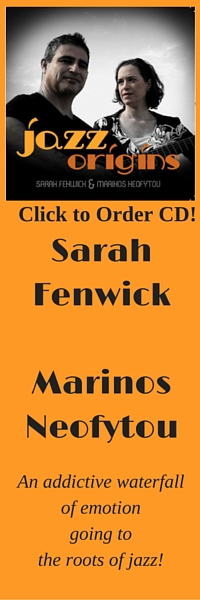
Cyprus Against Death Penalty - Health Minister
Cyprus, like other EU member states, is strongly against the death penalty because it undermines human dignity and any mistakes in the justice system are irreversible once someone has been executed by the state, said Health Minister George Pamborides at a recent UN summit.
This position applies especially as regards drug-related offences, he said.
“We also strongly believe that sanctions provided for, under national law for all drug-related offences should be proportionate to the severity of the offence,” adds the minister.
The minister advocates measures that have already been proved to be successful in the EU, reducing drug-related deaths, crime and infectious diseases, such as opioid substitution therapy, needle and syringe exchange programmes and naloxone provision.
“We regret that a drug-free world is not realistic,” said the minister.
Vulnerable to drug addiction
The government has identified a number of groups that are vulnerable to drug addiction, including school drop-outs, students, soldiers and children whose parents face psychological problems, said Health Minister George Pamborides at the UN general assembly on the world drug problem.
There are efforts to reduce the demand for legal and illegal drugs being misused by vulnerable groups, he said.
The House of Representatives has just passed a new law that refers drug addicts to treatment programmes instead of sending them to criminal courts. There are also other efforts to start treatment programmes for migrants, women and patients with depression and drug addiction, deliver treatment to drug addicts who are in jail and provide support to people trying to reintegrate with society, said the minister.
“Such harm reduction measures that have been implemented in the EU and have proven to be effective as regards the reduction of drug-related deaths, crime and infectious diseases are opioid substitution therapy, needle and syringe exchange programmes and naloxone provision,” said Pamborides.
According to information from the European Monitoring Centre for drugs and drug addiction, 4.2 percent of Cypriot teenagers are using drugs. While relatively low compared to other EU countries, this may have increased since the 2012 survey because of a wide-spread economic crisis in which many family providers lost their jobs.
Cannabis is the most common drug, followed by cocaine, with young men aged 18-21 being most vulnerable to drug use and addiction, an age that coincides with army conscription.
Stay updated with this and other news stories by joining CNR News Club!
About News Club Editor
Twitter •
Bookmark worthy
- Non Gamstop Casino
- Casino Not On Gamstop
- Non Gamstop Casinos
- Casino Italiani Non Aams
- Slot Sites Not On Gamstop
- Best Non Gamstop Casinos UK 2025
- Crypto Casino
- Online Casinos UK
- Betting Sites Not On Gamstop UK
- UK Casino Not On Gamstop
- Best Non Gamstop Casinos
- Sites Not On Gamstop
- Online Betting Sites Not On Gamstop
- Non Gamstop Casino
- UK Casinos Not On Gamstop
- Non Gamstop Casino
- Casino Sites Not On Gamstop
- Casino Non Aams
- Casinos Sin Licencia España
- Casino Sites UK
- Slots Not On Gamstop
- Best Slot Sites For Winning UK
- Casino En Ligne
- Slots Not On Gamstop
- Non Gamstop Casino Sites UK
- Casino Non Aams
- Non Gamstop Casinos
- Meilleur Casino En Ligne France
- Meilleurs Sites De Paris Sportifs Belgique
- Nouveau Casino En Ligne Belgie
- Nouveau Casino En Ligne Francais
- Paris Sportif Ufc France
- Casino En Ligne Retrait Immediat
- Migliori Casino Online
- Site Casino En Ligne
- Nouveau Casino En Ligne Francais
- Casino En Ligne Francais
- Casino En Ligne
- Best Online Casino Sites In Malaysia
- Avis Tortuga Casino



Leave a reply
You must be logged in to post a comment.